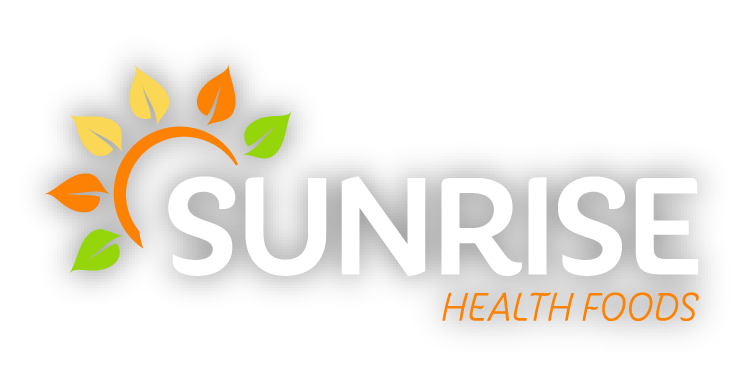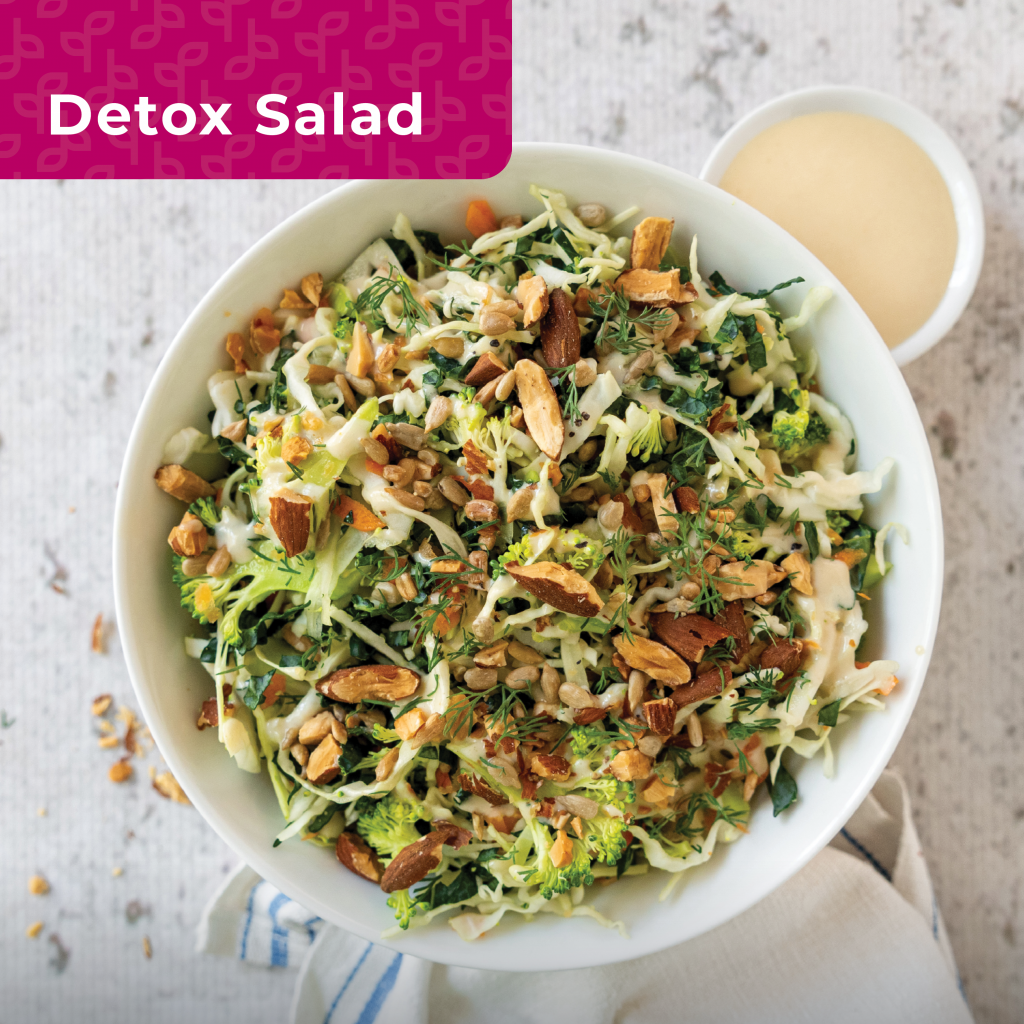Nutrients protect eyes from screen exposure and cataract
Carotenoids protect eyes 
Blue light—the short light-waves from TV, computer and smartphone screens, fluorescent and LED lights, and the sun—has good and bad effects. It can make you more alert, but also disrupt sleep cycles, strain the eyes and neck, and give headaches.
In this study, 48 healthy young adults with at least six hours of daily near-field screen exposure took a placebo or a 24 mg combination of the carotenoids normally found in the macula of the eye—lutein, zeaxanthin, and meso-zeaxanthin.
After six months, while the placebo group had not improved, those taking the supplement had higher levels of macular carotenoids, better sleep quality, less eye strain and fatigue, better visual acuity, and 34 percent fewer headaches.
Vitamin K reduces cataract
Chances for cataract increase with age and can lead to blindness. Recent evidence suggests inflammation and oxidative stress play a role, leading doctors to consider antioxidants as a preventative. In this study, 5,860 older men and women with higher chances of heart and circulatory problems told doctors their daily diets each year, over a six-year follow-up period.
Doctors were particularly interested in the antioxidant vitamin K1, found in green leafy vegetables, Brussels sprouts, and fermented dairy products. Measuring the amount of vitamin K1 in the diet, doctors found those who got at least 497 mcg of vitamin K1 per day were 29 percent less likely to need cataract surgery compared to those who got less than 250 mcg of vitamin K1 per day.
Reference: Foods; 2017, Vol. 6, No. 7, 47, Published Online
Natural Insights for Well Being November 2017
We’re dedicated to discovering the benefits of good nutrition and healthy lifestyle, and hope the above article informs and inspires you to take an active role in your health.
Articles shared on our site are to provide nutritional information only and do not replace professional medical advice.



